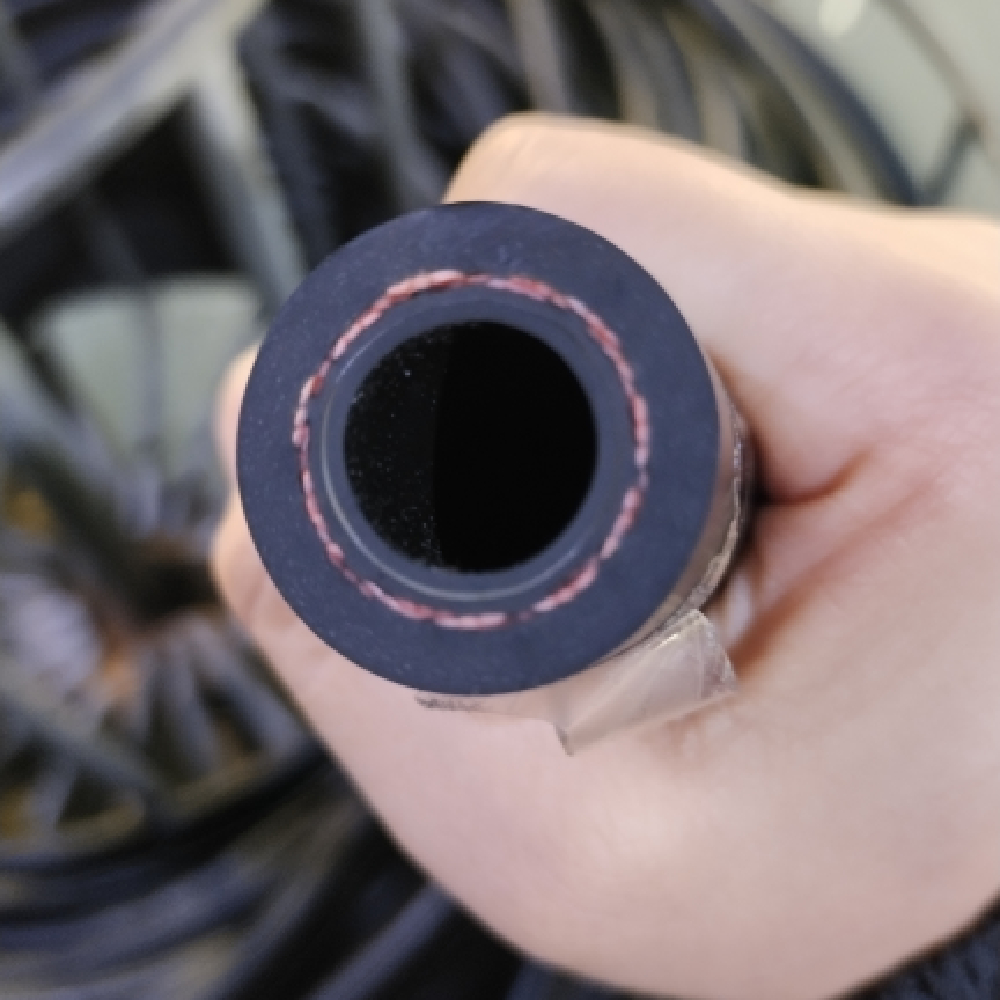diesel transfer hose
Aug . 30, 2024 14:17 Back to list
diesel transfer hose
The Importance of Diesel Transfer Hoses A Comprehensive Guide
Diesel transfer hoses are essential components in the transportation and transfer of diesel fuel, widely used in various industries including agriculture, construction, and transportation. These hoses are specifically designed to handle the unique characteristics of diesel fuel, such as its viscosity and chemical properties, ensuring safe and efficient transfer from one container to another.
One of the primary reasons for using diesel transfer hoses is safety. Diesel is a flammable liquid, and using the wrong type of hose can lead to leaks, spills, and in some cases, catastrophic accidents. Diesel transfer hoses are constructed from materials that resist the degradation that can be caused by fuel exposure. Common materials include rubber, PVC, and various synthetic compounds, each engineered to withstand the harsh conditions associated with fuel transfer. In addition, many hoses come equipped with features such as anti-static properties which help reduce the risk of ignition due to static electricity.
Moreover, the design and structure of diesel transfer hoses are critical. They are generally constructed with a reinforced layer to enhance strength and flexibility, which allows for easier maneuverability during transfer operations. Many hoses are available in a variety of sizes and lengths, catering to different needs and applications. Selecting the right size is important to ensure optimal flow rates and to prevent any potential issues related to over-pressurization or vapor lock.
diesel transfer hose

When it comes to transferring diesel fuel, proper fittings and connectors play a crucial role. Diesel transfer hoses are typically fitted with specialized couplings that ensure a secure connection to pumps, tanks, and other equipment. These connections are crucial in preventing leaks during the transfer process, which can not only waste fuel but also pose safety hazards. It's advisable to regularly inspect and maintain fittings to ensure they are in good condition, as even a small imperfection can lead to problems.
Another important consideration is the operational environment. Diesel transfer hoses need to be chosen based on the specific conditions they will face, such as temperature extremes, exposure to chemicals, and potential physical wear and tear. For instance, if the hose is going to be used outdoors, it should be UV-resistant to prevent degradation from sunlight exposure. Additionally, robust hoses are recommended for heavy-duty applications where physical damage is a concern.
In summary, diesel transfer hoses are vital for the secure and efficient transport of diesel fuel across various industries. The right choice of hose not only ensures safety but also enhances operational efficiency. When selecting a diesel transfer hose, factors such as material, size, and environmental conditions should be taken into account. Regular maintenance and inspection are essential to guarantee the longevity and reliability of these hoses. Awareness of these considerations will help businesses minimize risks and optimize their fuel handling operations, leading to a safer and more productive environment.
